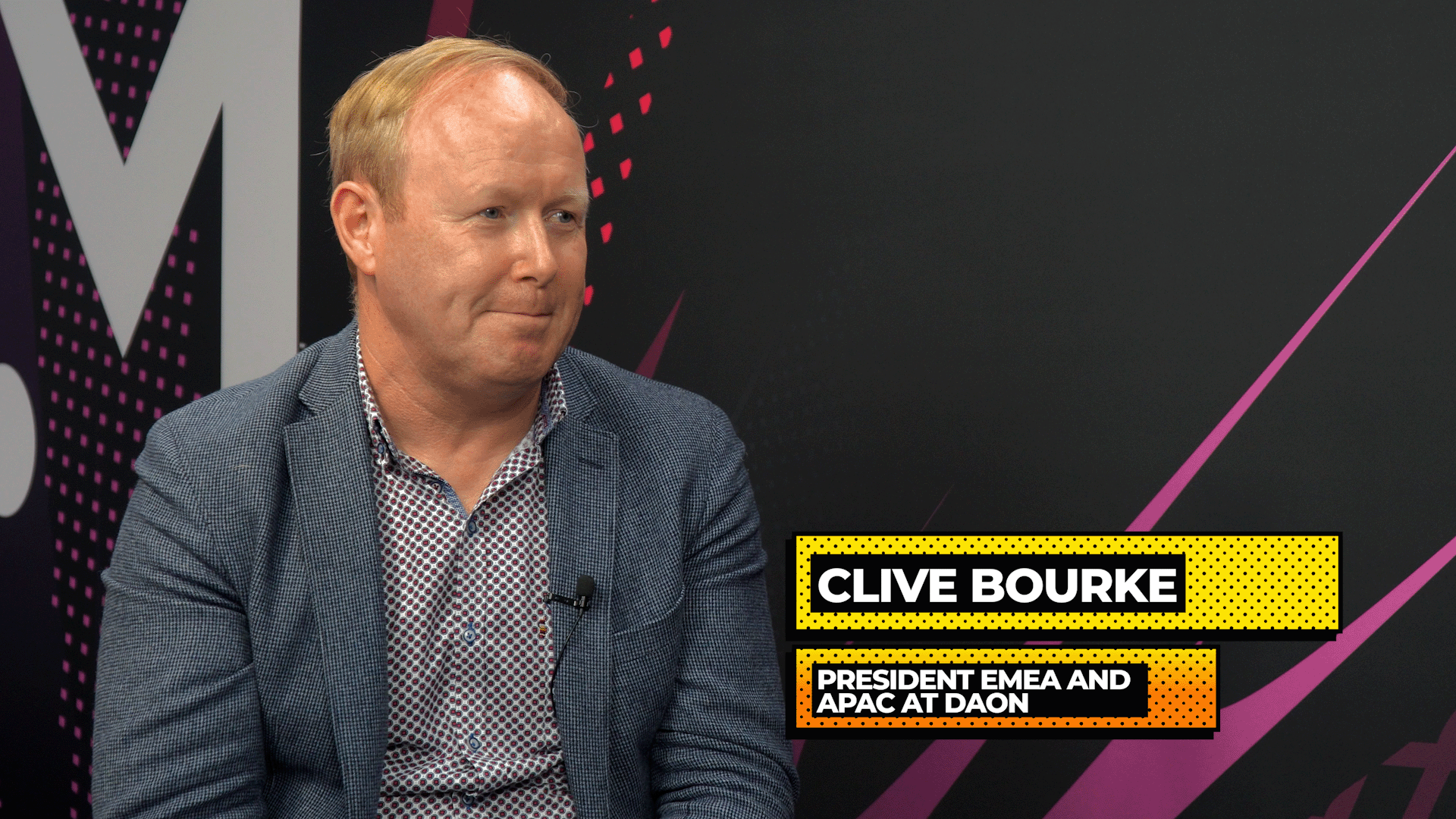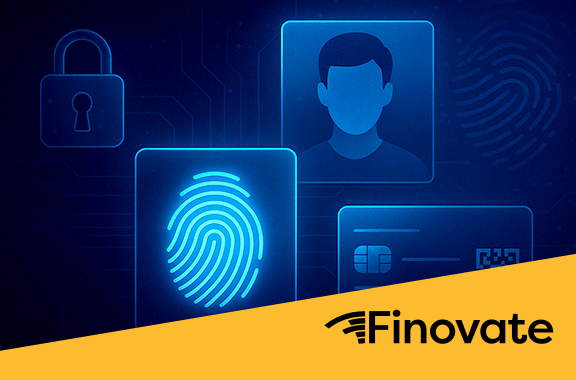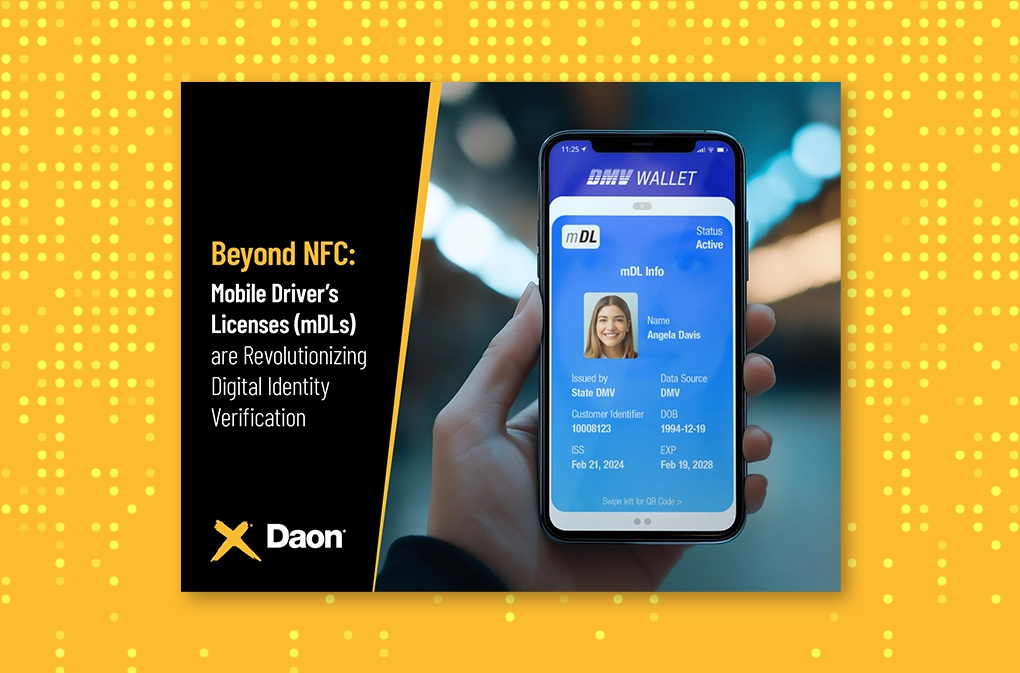eSports: Identity Proofing is the Name of the Game
Robust authentication of player identity can help keep the eSports field friendly and fair
The runaway popularity of eSports may surprise those who haven’t played computer games competitively or watched pro matches online, but the boom is real. With major tournament purses topping $1 million and over 500 million viewers a year, eSports is one of the fastest-growing parts of the sports world, on track to be worth more than $7 billion by 2028.
But this rapid growth has come at a cost. Fraudsters routinely exploit the key weakness in online gaming: the ability to maintain multiple accounts and pose as someone else. eSports organizers suffer real financial loss when highly ranked players disguise themselves to join lower-level matches where they’re overqualified to compete, destroying the other players’ chances, removing any fairness in the sport, and scooping the cash winnings.
So how can event organizers be sure that players are who they say they are? The solution lies with innovative safeguards now being piloted: robust identity verification tools like those used by banks, which can stop eSports cheaters in their tracks.
What’s Wrong with Smurfing?
Before we look at how identity verification is being deployed on the eSports field, it’s important to understand the widespread impact of the impersonation fraud described above. It’s known as smurfing, after a famous World of Warcraft champion who played under a new nickname, Papa Smurf, became so successful that no one wanted to battle him.
Gaming culture can be known for tolerating and even rewarding bad-boy behavior, but smurfing is causing real damage to the online community. These fraudsters don’t just skew competitions for their own financial gain; they’re also notorious for toxic behavior: they demoralize lower-rank players and fling abuse, which turns off contestants and fans, and puts lucrative eSports sponsorship deals at risk.
Even in amateur matches without prize money, participants complain that smurfing ruins gameplay and makes it harder to rise through the ranks.
Toxic behavior isn’t limited to those who are smurfing, either. The gaming industry has worked hard to eliminate racist, sexist, or other hateful speech by players, but it can be hard to enforce community guidelines and punish bad actors if they can just open new accounts.
Bringing a Banking Innovation to the eSports Field
At Daon, we’re no stranger to helping organizations protect themselves from identity crimes like smurfing. The strategy behind smurfing is also a common tactic among money launderers: criminals often break suspicious transactions into smaller amounts spread across multiple accounts, in a bid to avoid detection. Other kinds of financial smurfs include money mules, who open a bank account with their own personal details and then give full control of the account to another individual.
Whether on the eSports field or in banking, smurfing always entails impersonation: intentionally using multiple accounts, with the objective of stealing money.
What’s revolutionary here is that leading eSports companies are now looking to the banking industry, and Daon as a partner, to adopt similar technologies to tackle smurfing in gaming. This is an exciting move for the gaming industry, and it’s such a smart one, too, considering the industry’s challenges so closely align with those encountered in financial services.
Over the past decade, banks have successfully used identity verification and authentication technologies to meet Know Your Customer (KYC) obligations, and Daon has been a long-term partner to major financial institutions as they bring their identity verification systems to the next level. When we were approached by a global eSports leader to explore how our expertise could combat smurfing, we were glad to help.
If robust identity verification is done when a customer is onboarded, it’s incredibly powerful, because it lets companies begin that relationship on the right footing, with customer identity strongly established. After onboarding, companies just need to use robust ongoing authentication, ideally by incorporating biometric factors, and they can eliminate the vast majority of fraud.
More than 150 banking, insurance, credit union, and wealth management companies around the globe work with Daon to do exactly this: strongly establish and then continue to authenticate customer identities, and to fight fraud and fulfil KYC obligations, especially for online transactions.
The success of these technologies in banking shows why they have huge potential beyond financial services, especially in gaming. Identity proofing, alongside robust authentication, lets eSports companies engage with new and existing players confidently, reassured that they are who they say they are and that they’re authorized to play that match that’s about to begin.
Getting Gamers On-Board: Frictionless Identity Verification, Plus Incentives
The reason that identity verification and authentication is such an elegant solution – especially in gaming, where players are eager to get online – is that it’s extremely low-friction. This means players won’t need to use passwords that they could forget, or clunky, two-factor logins that stand between them and the match.
Identity verification with Daon is easy: it just involves taking a selfie and scanning an ID document, a fast and streamlined process that draws on our 20 years of experience in the digital identity industry.
ESL FACEIT GROUP, one of the top companies in the sector, is leveraging this service to improve its gamers’ experience. Knowing its customer base and how to incentivize players to get verified extremely well, they’ve been open with customers in their messaging: they admit that smurfing is a challenge, and they say that creating a fairer community is a goal that all players can help achieve by getting themselves verified. Verification is fast, free, and opt-in, and verified users will be recognized in several ways.
That recognition includes a badge that they can show off on their profile, along with a visibility boost, making it easier for other players to find them on the service. Future incentives may include financial discounts on premium subscriptions and the opportunity to compete in certain championships.
Behind the Scenes: Identity Proofing and Privacy by Design
So, what will the customer experience feel like for players on a gaming site that uses identity verification and authentication from Daon? The solutions we deliver are based on our secure platform, and to minimize the risk of players abandoning the verification process, it offers two ways to register:
- Full identity verification with a selfie plus an ID document
- Face-only proofing that just requires a selfie
In either situation, the first thing the player is required to do is provide consent, ensuring that all information transfers are in compliance with GDPR and other international regulations. Then, once they have completed the proofing process, the system performs a check: is this person already on a watchlist of players who’ve been banned for smurfing or abusive behavior? The system also checks to make sure that the person isn’t already registered and attempting to create a second account.
Once verified, players will be asked to authenticate from time to time. A quick facial check makes sure that the person playing the game matches the person whose biometric profile is on file.
Many eSports players are IT-savvy – it comes with the territory – so companies who adopt this technology need to clearly communicate the privacy and safety controls in place, so customers know that their personal information is protected:
Privacy by Design
During the identity verification process, Daon never records the player’s face; rather, the player’s biometric template – an alphanumeric code – that’s been created from their face is saved. That means stored information is meaningless if accessed: there’s no way to match the template with a specific player’s real name or email, as this detail is never shared with Daon.
Audited for Compliance
Daon maintains a comprehensive Information Security Management System and Privacy Information Management System, and both are audited for compliance. Our systems are also ISO27001 certified, including special extensions for privacy management as well as management of Personally Identifiable Information (PII) in the public cloud.
Encryption, Hardware Security, and Penetration Testing
Daon data centers are protected by state-of-the-art defenses including encryption of sensitive data. We use Hardware Security Modules (HSM) to secure master keys for encryption, and we use regular pentesting to identify any security weaknesses.
Working with Gamers to Create a Fairer Playing Field
Early signs point to gamers’ eagerness to help address smurfing, an issue that everyone knows hurts the community.
As well as smurfing, there’s a related kind of fraud known as boosting which can also be tackled by identity verification. Boosting is when a low-ranked player pays money to a highly ranked player to log in to their account and play as them, for the purpose of increasing their rank. Boosting is against the rules, but it’s almost impossible to stop: there are even illicit boosting marketplaces that are dedicated to matching and processing payments between experienced players and those desperate to increase their rank.
That kind of impersonation is likely to die out, however, in a community where face scans before a match begins are becoming the norm. Like a referee checking the gloves of boxers before a bout, pre-match authentication could become a standard part of gameplay in eSports.
Securing the Arena is Best for eSports Professionals, and Best for Fans
Because eSports is a global phenomenon, it needs a globally proven solution to the fraud challenges it’s facing. That means a solution that can scale to hundreds of millions of verifications, and that can recognize identity documents from hundreds of countries.
As eSports continues to grow – by 2025, the industry expects spectator figures alone to number more than 640 million people – there’s no doubt that robust authentication is a good next step for players and fans alike. Rapid growth without ID checks and safeguards could lead to an eSports environment that only protects the strong.
By taking a robust stand against smurfing with identity verification and authentication, the industry sends a strong message to players and fans everywhere that eSports are for everyone.









